Glass Child Resources
Am I A Glass Child?
If you grew up with a sibling who had high needs and you didn’t receive help, attention or intervention for your struggles, the way you grew up fits the sibling experience of a “glass child.” This happens when your parents, community and support systems don’t see the emotional challenges you faced because you had a sibling who demanded a lot of attention.
Because your pain and difficulties were unseen, you did not receive important emotional and psychological developmental support in your childhood.
As a result, this neglect can manifest in adulthood through behaviors that may seem puzzling but are rooted in the unmet needs of your childhood.
If you can relate to any of the following, know you are not alone. There is a world of Adult Glass Children and there are support and resources for you.
Persistent Feelings of Unworthiness
The deep-seated belief that you are not deserving of love or success and that your value is directly related to how well you perform and take care of others. Feelings of guilt, shame and failure arise and intensify these feelings of unworthiness when you:
- Find it challenging to meet unrealistic standards of perfection,
- Are unable to consistently make those around you happy or
- When you entertain the idea of living an “life of your own,” independent from your sibling or family.
Attraction to Unhealthy Relationships
It’s simply a matter of programming. At a young age, you were trained that your purpose and value are intertwined with the responsibility of tending to the physical, emotional and even financial demands of your high-needs sibling AND/OR your parents. In other words, your worth = how well you took care of others.
Without intervention, this ingrained training shows up in adulthood as a tendency to be drawn to individuals in need, including those grappling with addiction, co-dependence, narcissism, toxic and abusive behaviors.
Simply put, you are carrying out what you mistakenly internalized as your intended purpose in life.
Codependency
Adult Glass Children often grapple with codependent relationships. Codependence is an excessive reliance on others for your own emotional and psychological needs.
If you learned as a child that your needs and emotions are either less valuable than others (or not valuable at all) and that your worth is rooted in how well you take care of others, being in codependent relationships aligns with your childhood programming.
However, in adulthood, this can lead to an extreme focus on others at the expense of your own well-being. Your relationships might be highly dysfunctional. You might be experiencing elements of manipulation and control. You may also be experiencing a complete loss of your individual identity if you define yourself and your worth primarily through the lens of your relationships.
Spiritual Disconnection
One of the hallmarks of the Glass Child Experience is a feeling of separation from God. As a child…
- When your prayers for help or healing were unanswered, you may have felt unworthy of God’s love or even betrayed by God,
- The spiritual organizations which were supposed to give you support may not have seen your needs, invalidated your needs and/or reinforce the ideology from which you were trying to escape – that it’s your job to take care of everyone around you.
As an adult, you may experience feelings of betrayal and confusion around who God is in your life and whether or not He cares about you. As a result, you may withdraw from the spiritual community, find it difficult to pray and/or reject your spiritual traditions/upbringing. This can lead to further isolation, estrangement and disconnection.
Addiction, Self-Harm and Suicidal Ideation
If an Adult Glass Child has not received intervention, they are swimming in a psychological pool of untreated trauma, abuse, neglect, persistent feelings of unworthiness, unhealthy adult relationships and spiritual disconnectedness. This often leads to struggles with addiction, self-harm and suicidal ideation.
If you are having thoughts of suicide, please dial 988 if you are in the United States. Outside of the United States, please call your available suicide hotline or law enforcement for immediate help. You are not alone.
A Place to Learn
This is your space to learn more about Glass Children, Adult Glass Children and all the people who love and surround them, from family, community, to helping professionals.
Check Back here often and be sure to subscribe to receive updates as I continue to add resources.
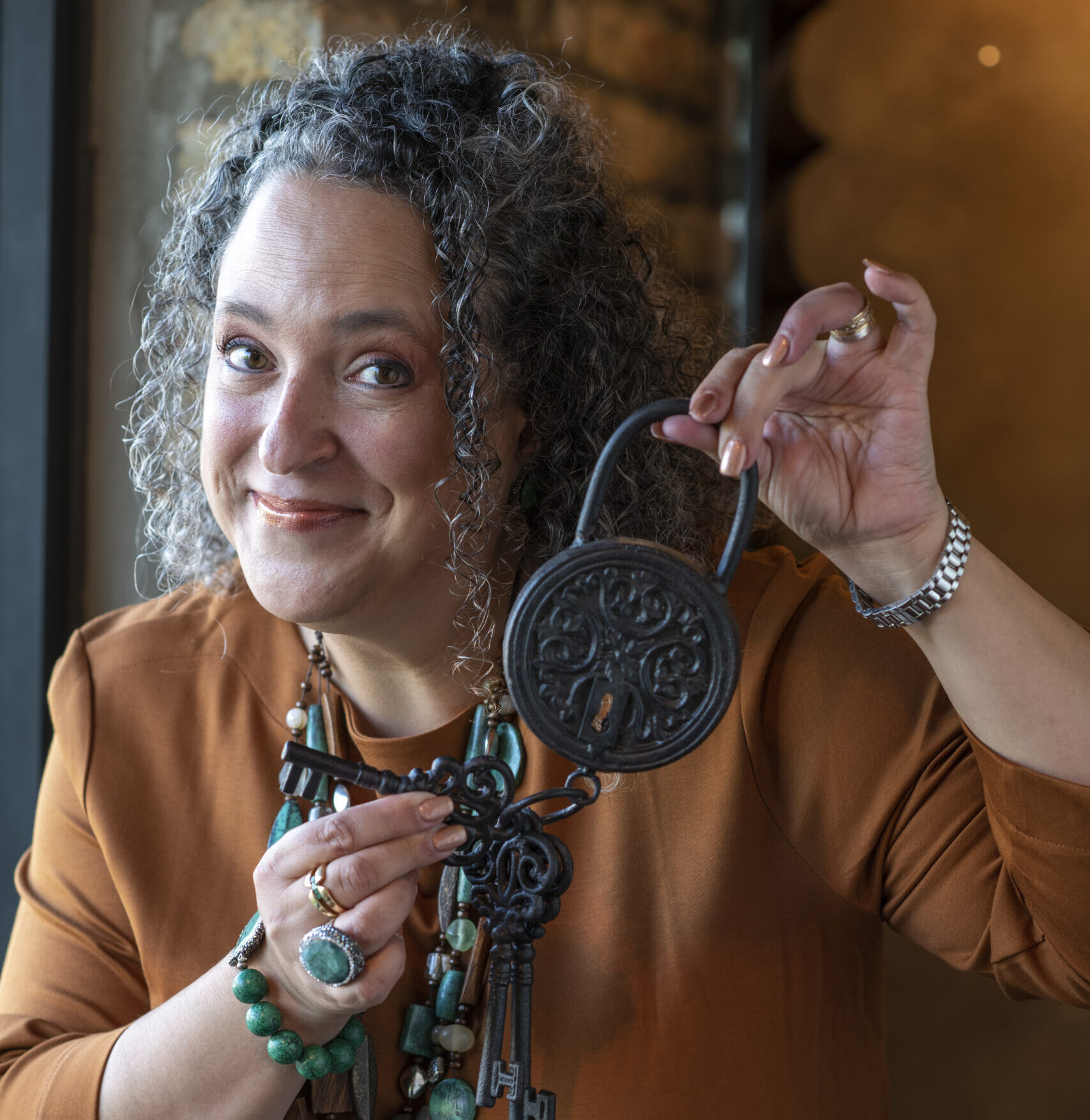
Supporting Glass Children
In this conversation with Alicia Meneses Maples and Emily Holl of The Sibling Support Project we cover the definition of a Glass Child, explore how they are best supported AND answer live Q&A.
Reconciling Resentment & Guilt
Resentment, guilt and shame are ongoing themes in the glass child experience. In this webinar with Alicia Meneses Maples and Emily Holl of The Sibling Support Project, we take a deep dive into methods for resolving guilt and resentment.

Let’s Change Our Belief Systems: For Adult Glass Children
If you are like most adult glass children, you have many unhelpful belief systems. The good news is you can re-program them. Begin to give yourself the support you need with this free resource!
Your FREE PDF download link will be delivered to your email.
What it’s like to be a ‘glass child’
Alicia Meneses Maples refers to herself as an adult “glass child,” the sibling of a person with a mental or physical disability. She didn’t coin the phrase, but a TEDx talk she gave in 2011 helped to define it, and the term has circulated on social media ever since. READ THE ARTICLE
What is a Glass Child?
Alicia Meneses Maples and other experts share what it means to be a glass child, plus how caregivers can better understand their unique needs. Because of the severity of mental health struggles that glass children can endure, Maples is a strong advocate for siblings like herself to have access to professional support and intervention. READ THE ARTICLE
Alicia’s TEDx Talk on Recognizing Glass Children
Having lost one brother to the world of autism and another to a terminal illness, Alicia Maples never knew a normal childhood. Expected to always put on a brave face, Alicia played the role of good girl on the outside. One the inside, however, she was dying. In this heart-wrenching talk, Alicia tells parents of children with special needs — and their surrounding community — to stop looking through the siblings of children with special needs. WATCH THE TALK
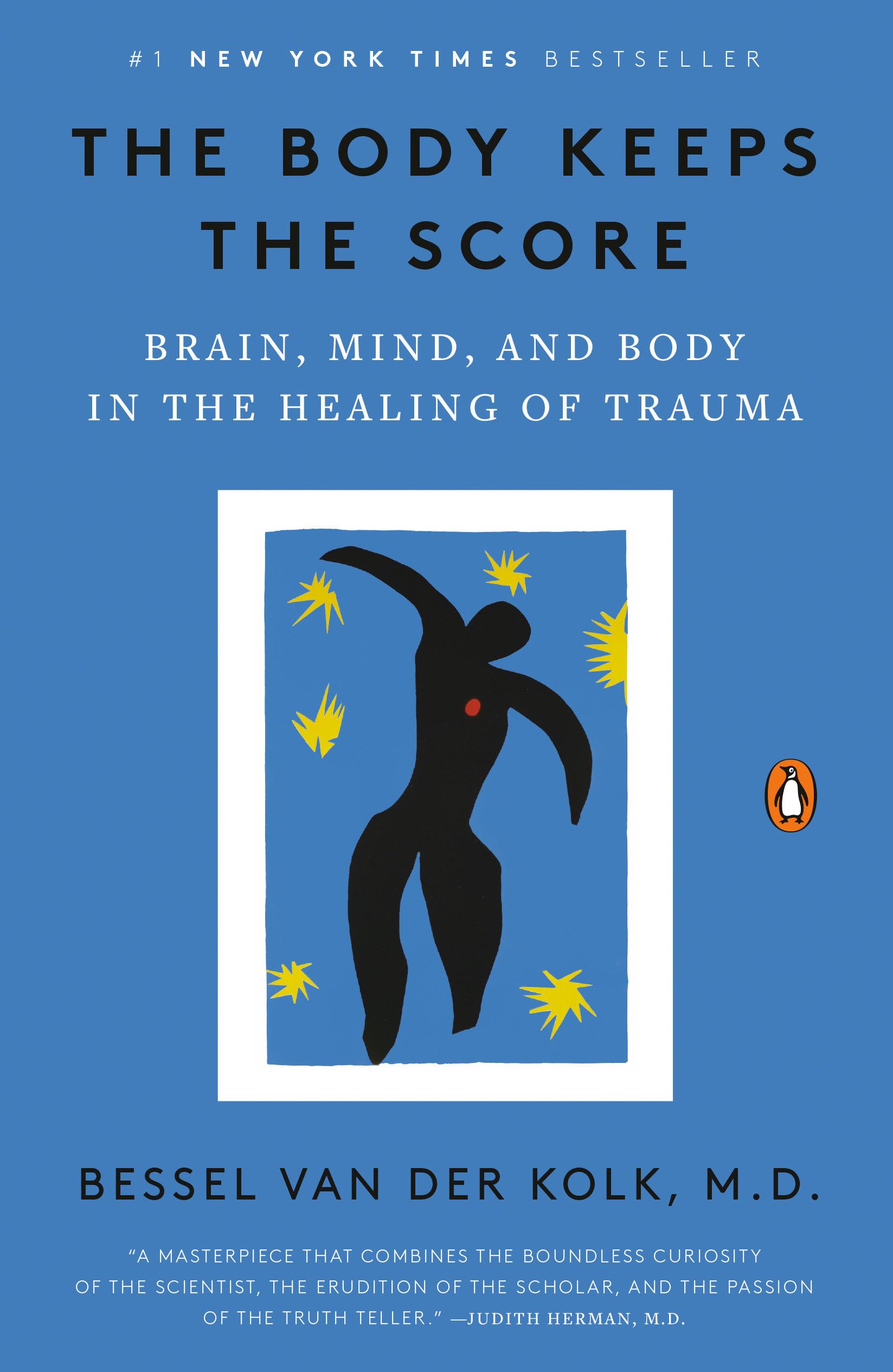
The Body Keeps The Score
If you experienced childhood trauma as a result of living in a family with a high-needs sibling, this is a seminal book that can help you understand how trauma is stored in the body, and how you can begin to use techniques for the brain, body and mind to heal from that embedded trauma.
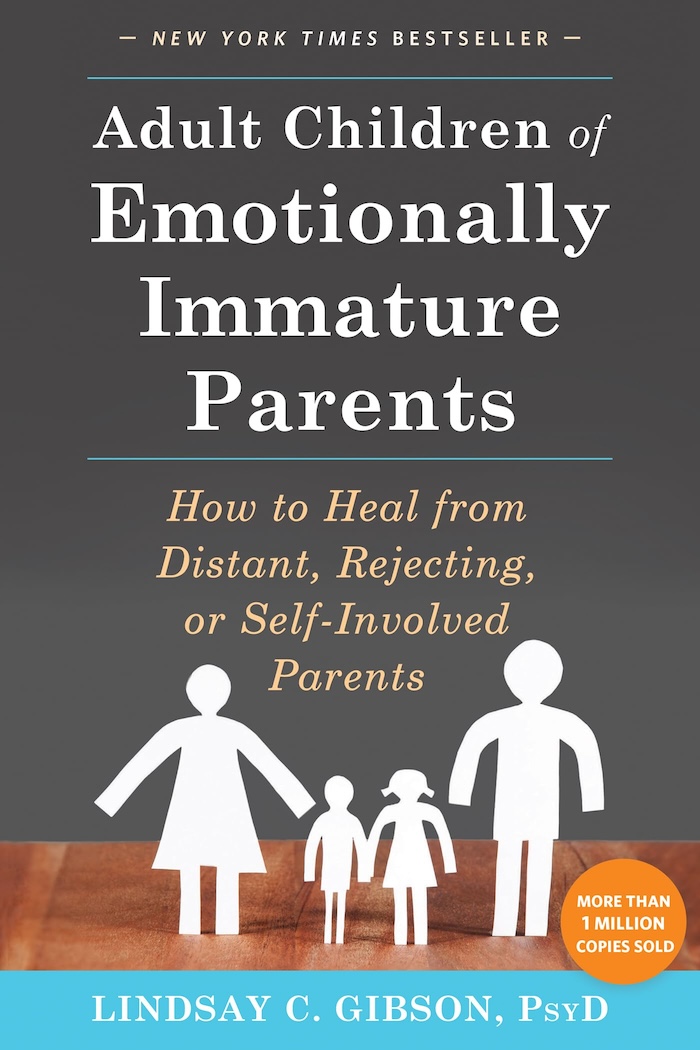
Adult Children of Emotionally Immature Parents
Often in families with a high-needs child, the other siblings can become parentified, made to care for their sibling like an adult should, or made to attend to the emotions of the parents. This can cause challenges in adulthood, and this book is a roadmap to understanding and healing from parentification.

Running on Empty
Jonice Webb is the Psychologist who popularized the term Emotional Neglect. If you are wondering if you experienced emotional neglect based on being a glass child, this is a great place to start to understand. Emotional neglect is quite common in Glass Children, and if you know this, you can begin to heal your adult self.
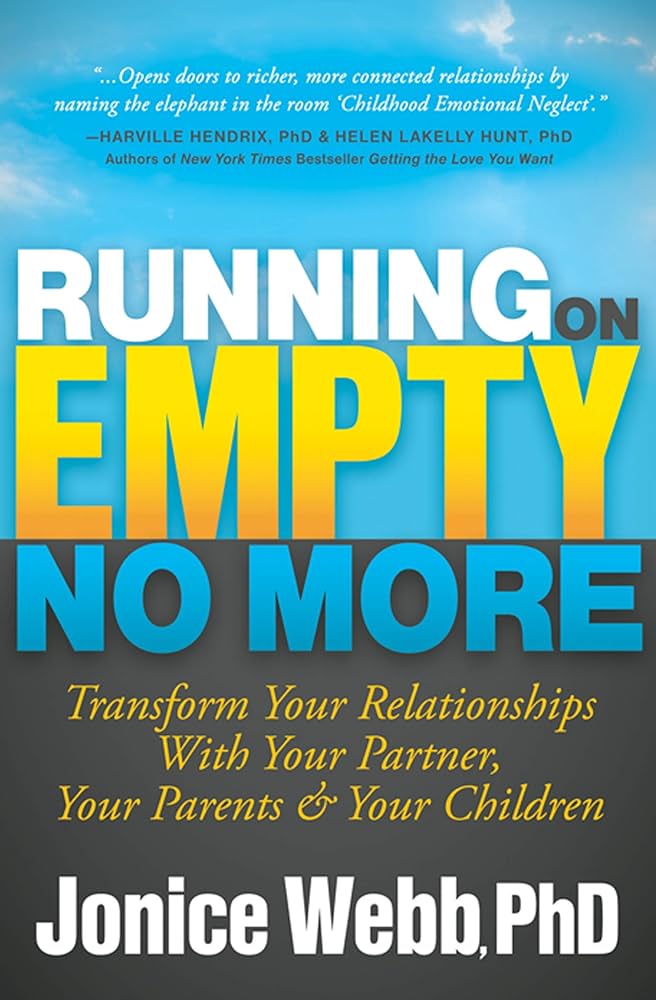
Running on Empty No More
If you have determined you experienced emotional neglect, then in this second book by Jonice Webb you will learn how it affects your current day relationships and how to transform those relationships to be more healthy and satisfying.
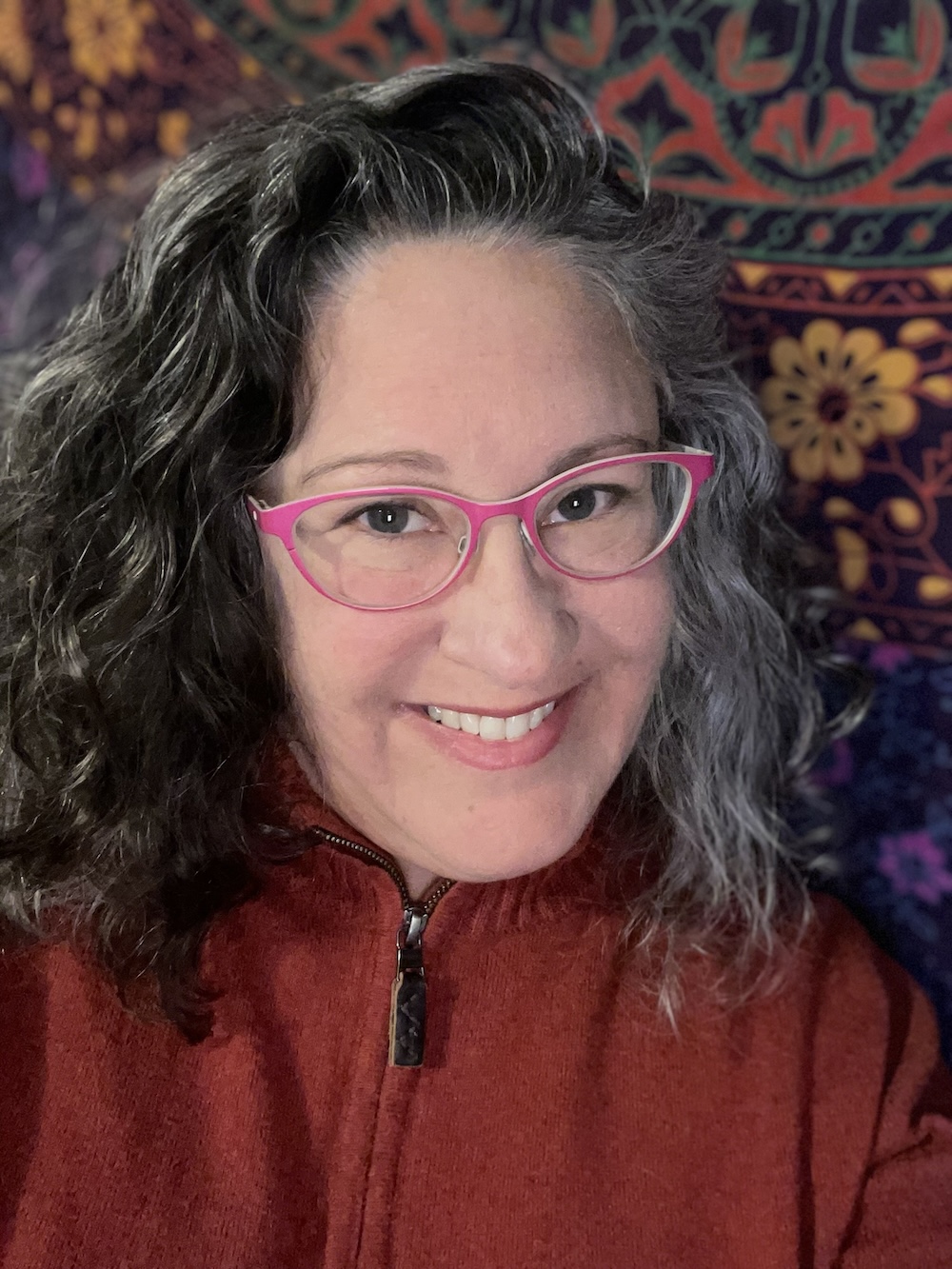
Get One-on-One Coaching
Now that you figured out you are an Adult Glass Child, if you are feeling a bit overwhelmed by all the resources and new information, no problem. You can get individualized support. Dr. Phelps created the InnerAlly process which is a way to better understand your core emotional needs and to begin to nurture them for yourself, those needs that you have neglected over the years, in order to attend to others.
Many Adult Glass Children learned to suppress their own emotional needs when they were growing up, to not be a bother to already stressed out parents. This pattern of ignoring our emotional needs, if left untended, just grows with us as we become adults and results in a variety of thoughts and behaviors that ultimately hold sus back and harm us, often leading to unhelpful coping or even addictions.
The InnerAlly Process of determining YOUR core emotional needs and then working to heal them is an excellent first step on the path to healing as an Adult Glass Child.
Dr. Cynthia Phelps – Cynthia@InnerAlly.com
Research Articles
Go Straight to the Source
- Glass children: The lived experiences of siblings of people with a disability or chronic illness
- The emotional and behavioural functioning of siblings of children with special health care needs across childhood
- The Well-Being of Siblings of Individuals with Autism
- The Needs of Siblings of Children With Cancer: A Nursing Perspective
- Siblings, You Matter: Exploring the Needs of Adolescent Siblings of Children and Youth With Cancer



